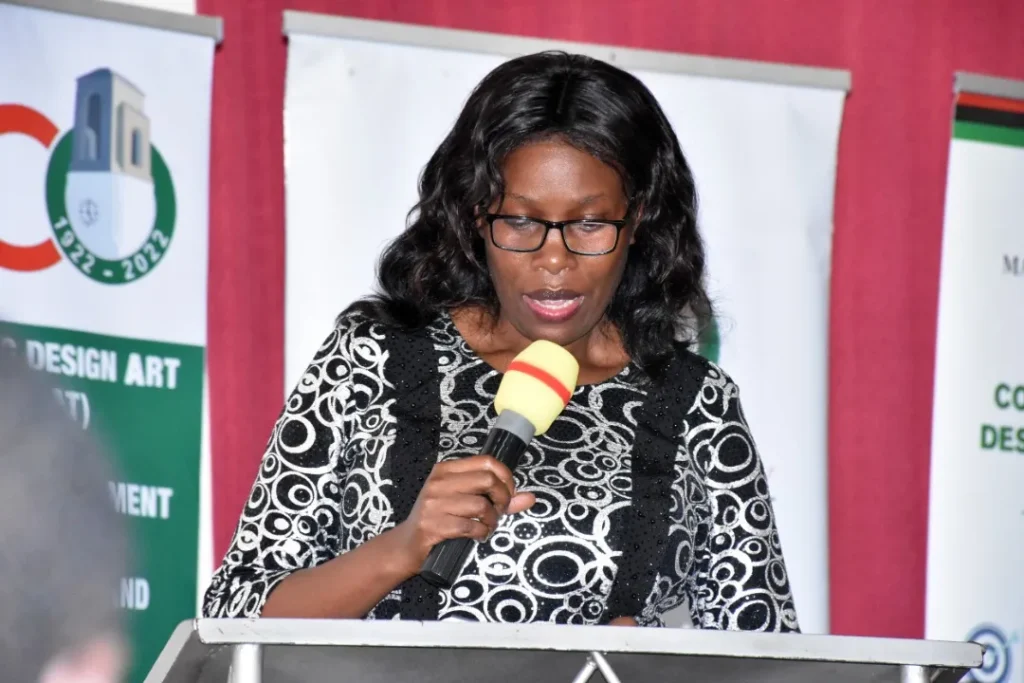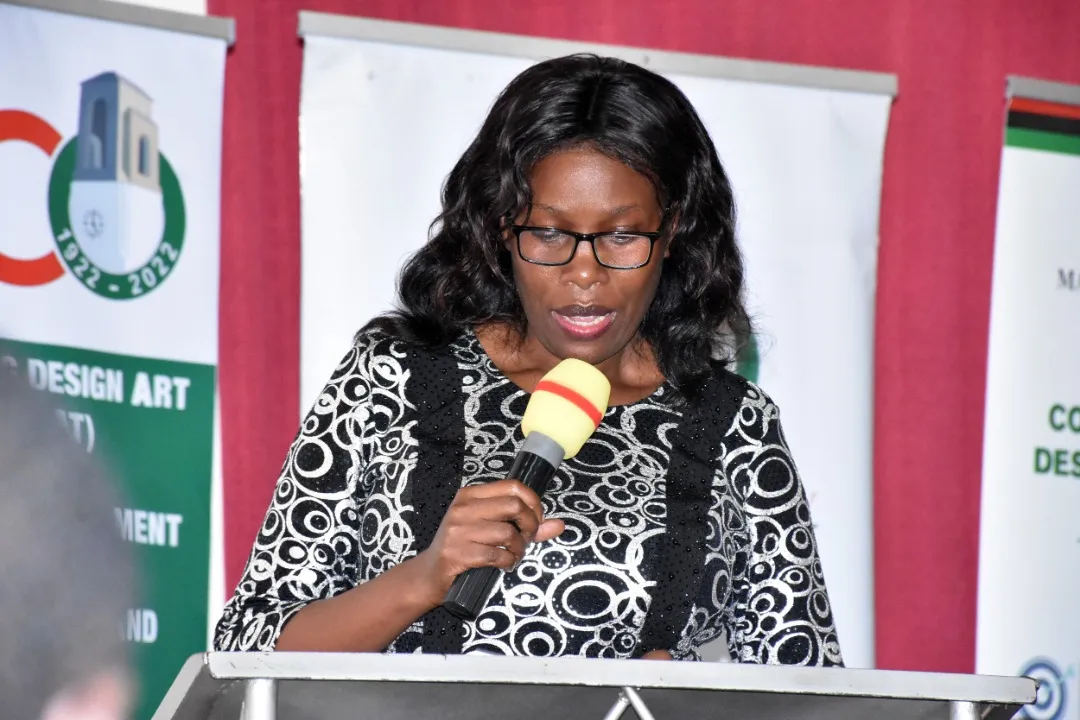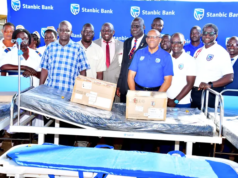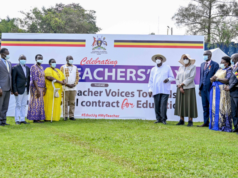
Nabakooba launches land management course at Makerere University
The minister of lands, housing and urban development, Judith Nalule Nabakooba has launched a new research course (Masters in Land Management) at Makerere University aimed at helping in the making of policy and legal reviews for better management of land as a resource.
Speaking at the College of Engineering, Design, Art and Technology (CEDAT) on December 22, the minister challenged the staff and students to support government in revolutionalising subsistence land use into a productive economy by taking on this course.
The two-year Masters of Science program in Land Management will be effective in the academic year 2023/2024, focusing on land tenure, land value, land use, land development and research and project management to help address land issues happening in the country on a higher level.
“Through research, we can solve issues like land fragmentation and violent evictions,” she said.
Revealing that some of her staff have joined the program, she hoped that their further training will help them appreciate the challenges so that they are able to devise practical solutions.
“Having our staff as people taking part in this, I hope they will share the knowledge they have acquired while working in the ministry with those who did not get the privilege to enable the team to have practical solutions and evidence based recommendations as we elevate land management in the country,” she said.
Nabakooba thanked the university for training surveyors, valuers, lawyers and physical planners who have worked tirelessly in the successful implementation of government programs.
“As the ministry, we are pleased that the university has started this degree program, which we hope will train the necessary staff that are required to address many challenges we are facing in the land sector,” she said.
According to the minister, some of the problems facing the country include increased land conflicts, lack of protection of land rights for women, elderly and other marginalized groups.
She also earmarked encroachment of private echo system in search for fertile soil for cultivation, land fragmentation due to high population growth, issues of multiple interest of land, issues of multiple tenures, issues of land tenure and physical planning challenges.
The minister pledged that her ministry will continue to work with the university especially with the faculty of geomatics to address challenges in the land sector.
In her remarks, Ms Lydia Mazzi, the head of the department, Geomatics and land management, through the ministry of lands and CEDAT, the World Bank has sponsored 10 students in the pioneer class.
“We will also be receiving equipment, teaching materials, international and regional guest professors to teach for a couple of months as the course goes on,” Mazzi said.
The World Bank offered support basing on a concept initiated by Moses Musinguzi, a senior lecturer in the same department.
About the program
The program will bring out professionals with multidisciplinary skills in handling and guiding different stakeholders on how to work with land.
Adding more than one can get from higher institution structured courses, the program is targeting to fill the gaps to produce holistic land managers to enhance the capabilities of the ordinary physical planner, land surveyor and registrar to improve land service delivery.
It will be held in a blended approach type of teaching, both physical and online, including a mixture of lectures, tutorials, short classroom exercises, case studies, group discussions and research.
Eligible applicants should have at a Minimum, a Lower Second-class Bachelor’s Degree or Equivalent and those with a pass degree will be required to provide evidence of academic growth.
The relevant disciplines include Land Surveying/Geomatics, Natural Resources Management, Land Economics/Valuation Surveying, Geography, Law, Physical Planning, Civil Engineering, Land Administration/Management, Architecture, Real Estate Management and Natural Resources Management






